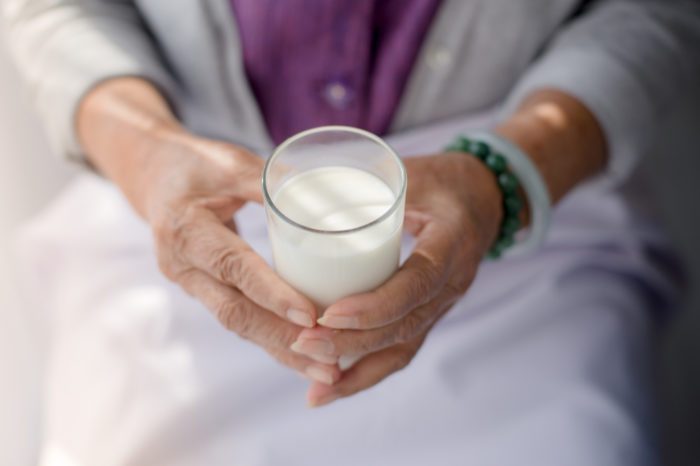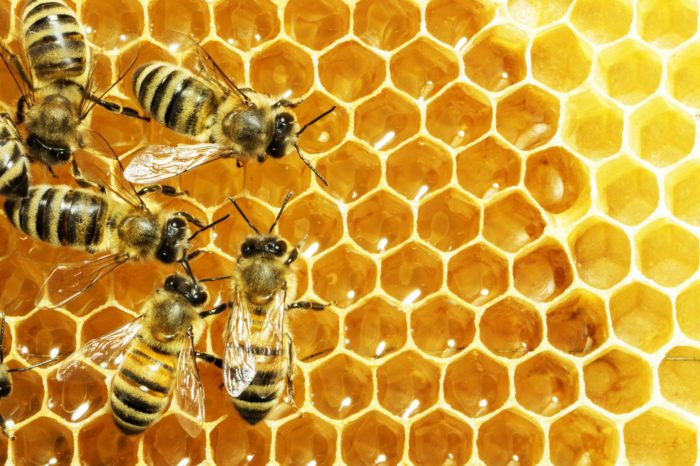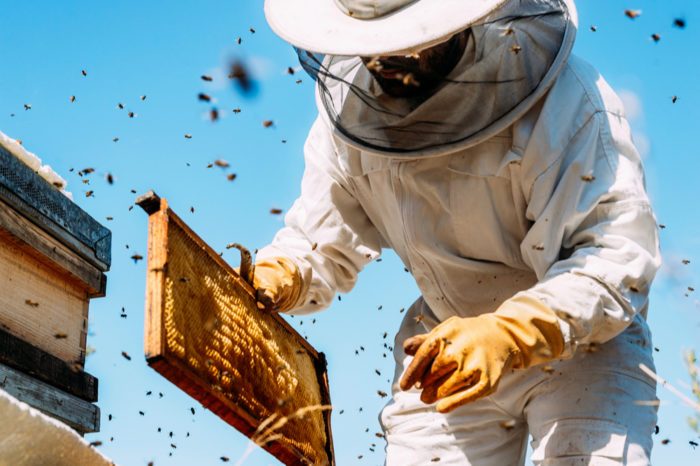It can be hard to know the difference between hemp and cannabis oil, especially when starting out. This is the RxLeaf guide to being in the know.
With so many new cannabis products flooding the market place, it’s worth doing a short refresher course on the various types. For instance, many people confuse hemp oil with cannabis oil. Furthermore, using hemp and cannabis to describe the same product is not only inaccurate, but potentially dangerous. When used correctly, these terms qualify drastically different products and very different final experiences.

In the past, I have asked a budtender for CBD oil (which is hemp oil if you live in the U.S.) and been recommended an indica oil, “Because it’s essentially the same thing.” I’m sorry Mr. Budtender, the product you’ve suggested is precisely the opposite of the experience I’m after.
If I hadn’t had my wits about me, I might have come home, dosed a few drops before bed and gone on a wild intoxicating high. From many trials, I know that I am extremely sensitive to THC and had I not known the correct product I was looking for, I would have had a very rude surprise.
It’s important to know what product you’re looking for when you walk into a dispensary or shop online. Labels and ingredient listings can be deceiving. Moreover, as I found out, budtenders aren’t always the experts we want them to be. With this in mind, let’s review two products which frequently confuse consumers: hemp vs cannabis oil. Knowing the difference is crucial to getting the therapeutic benefits you are looking for, and the recreational experience you want. It also critical to making sure you are within confines of the laws in your state.
Getting the Cannabis Lingo Right
The language we use creates part of the confusion about hemp vs cannabis products. Often words like hemp, marijuana, cannabis, and more are used interchangeably and thus incorrectly.
Cannabis is the Big Umbrella Term
When scientists and botanists talk about cannabis sativa they mean the entire species. Industrial hemp used for fiber and THC-containing ‘marijuana’ is all cannabis. It’s a big family, with many different subspecies that each have unique characteristics. When it comes to product labels, you likely won’t see cannabis sativa listed, as it’s too broad a definition to describe the specific ingredient with any accuracy.

Hemp is Used to Make CBD Oil With Near Nil THC Content
Hemp is the definition of non-THC containing varieties of the plant used for more industrial purposes. Legally hemp must contain under 0.3 percent THC, and producers conventionally grow it for its stalks, fibers, and oils. Even to look at it, the plant looks very different from a marijuana plant laden with dense buds and sticky resin. Increasingly, manufacturers are turning hemp into high-CBD tinctures and extracts, aka “hemp oil”. Manufacturers want to skirt around the agricultural restrictions that ban THC-heavy plants. If you see hemp listed on the label, it’s a good indication that it doesn’t contain measurable levels of THC.
As a side note, you’ll want to steer clear of hemp seed oil as it can contain concentrated levels of pesticides and very few cannabinoids. Hemp seed is not rich in cannabinoids.
Marijuana & Cannabis Mean the Same Thing These Days
Marijuana is always used to describe the plant bred for medicinal and recreational purposes. Farmers traditionally bred marijuana to produce high levels of THC. This is starting to change. Confusingly, many people use the words cannabis and marijuana interchangeably. You might see cannabis used in a blog post about pot, or in a news story. You should not see the word cannabis used to talk about hemp. To make matters worse, we don’t use the term ‘marijuana oil’ to describe marijuana extracts and concentrates. Instead, the industry calls them cannabis oil. The reason for this is that ‘marijuana’ is considered a politically incorrect throwback to the racist reefer madness days.
Considering the proper definition of cannabis is the broader species of the plant, this is a highly confusing trend, especially for newbies. If you are unsure about what the term ‘cannabis’ means on the label, look for information about the THC potency. If there is over 0.3 percent THC (the legal limit of hemp), it likely means it’s a marijuana product and not from hemp.

Understanding the Crucial Differences of Hemp vs Cannabis
If you purchase the wrong product or you could be in for an uncomfortable or unsatisfactory outcome. Are you looking to relax and reflect with a product that gets you stoned? A CBD hemp product won’t provide the desired outcome. If you’re like me and you can’t handle that much of a high, a CBD cannabis product won’t give you what you need.
Here are the basic descriptions of products, to help you make the right choice in your next purchasing decision regarding hemp vs cannabis:
Cannabis Oil
Cannabis oil is a concentrated extraction of marijuana, which means it typically contains measurable levels of THC. Potencies vary wildly, depending on the original strain, extraction technique, and other factors. Cannabis oil is medicinal and recreational. As such, it’s only available through licensed cannabis retailers.
HOT TIP: Check the label for ingredients, as it often mentions a specific strain. The packaging should not mention hemp anywhere in the ingredient listing. High THC levels are final confirmation.
Hemp Oil
Hemp oil may refer to two different products, one for medicinal use and one for cooking. You can use the cooking oil as a supplement or in the kitchen. It looks similar to olive oil, and you can find it on grocery and health food store shelves. It doesn’t contain any THC, and it is legal across the country.
People often confuse medicinal hemp oil with cannabis oil. Typically, hemp oil is an extract sourced from hemp (instead of marijuana) and is usually taken for its high levels of CBD. It will not make you high, and it has no recreational purpose. It may come under many names, including CBD oil, hemp CBD oil, or some other combination. In some areas it’s available in health food stores and natural pharmacies, in others only through a dispensary or online.
HOT TIP: The ingredients label of hemp oil should indicate it comes from hemp, but I’ve seen some pretty confusing ingredient listings over the years. It may say hemp flowers, hemp extract, or hemp seed oil. But the label should clearly indicate that there are no levels of THC.

Hopefully, this short refresher on the subtle but critical differences between hemp vs cannabis will help you during your next visit to the dispensary. Although we always want to believe that the dispensary staff knows best, in the end, it’s up to you. You should have the knowledge to pick out the product you require, and to know when you are being fed misinformation.





